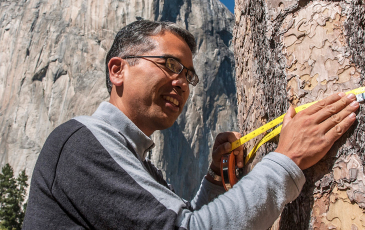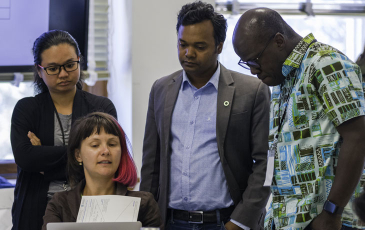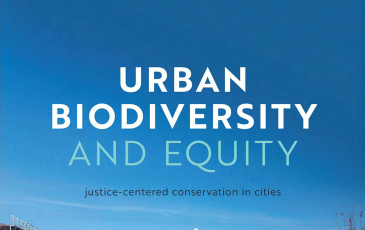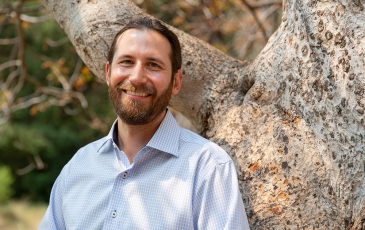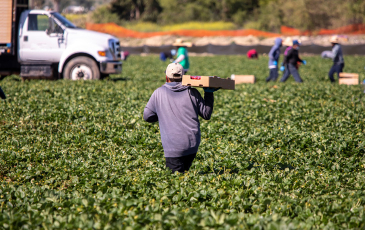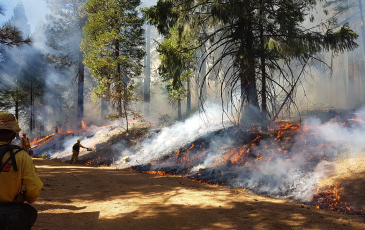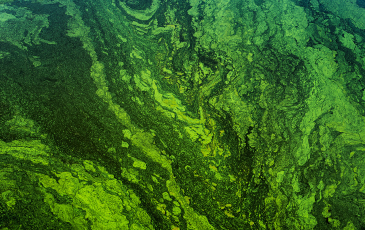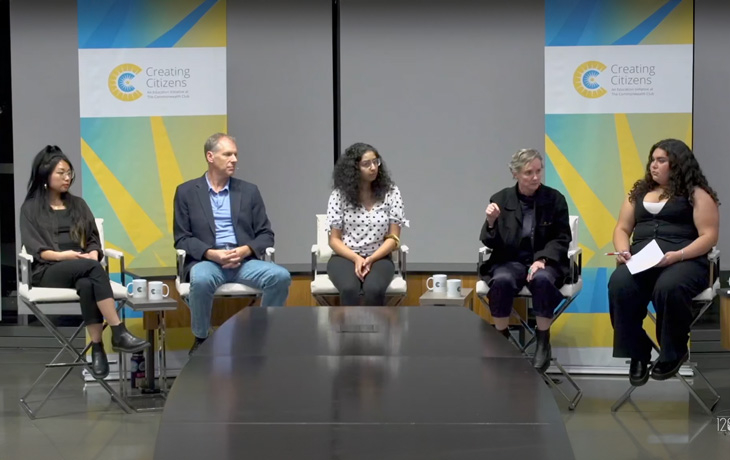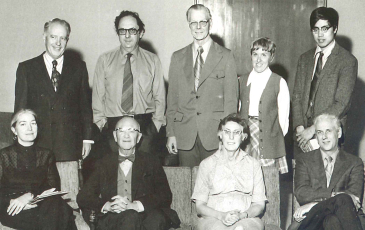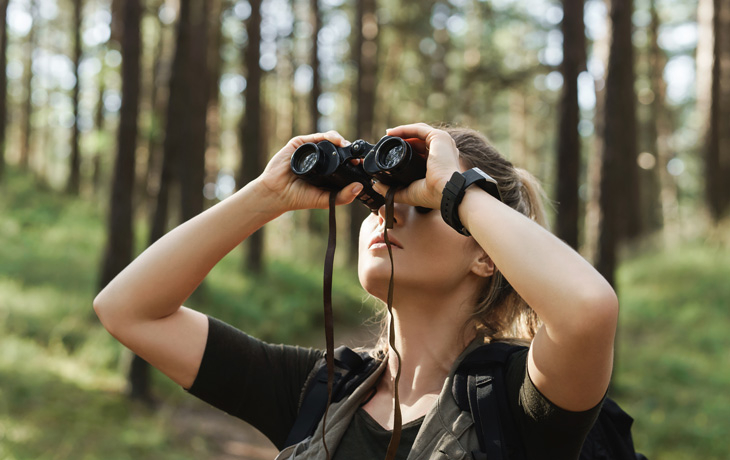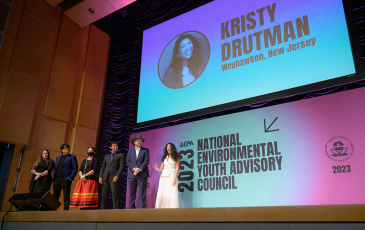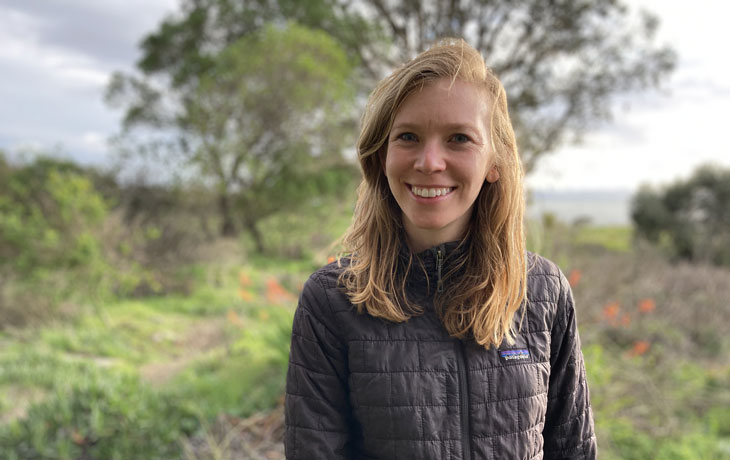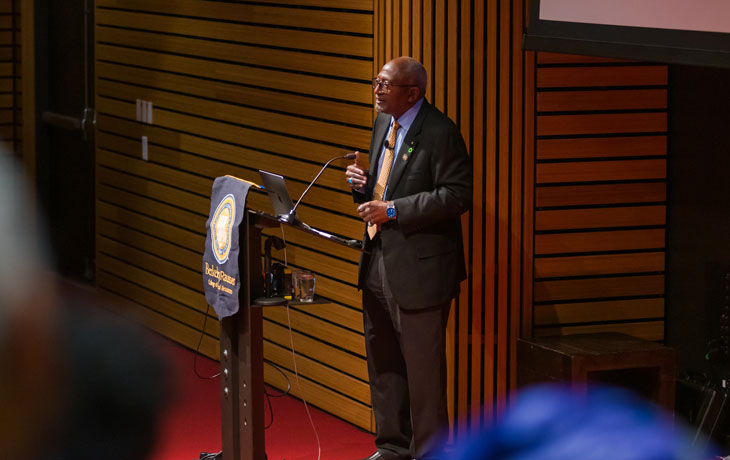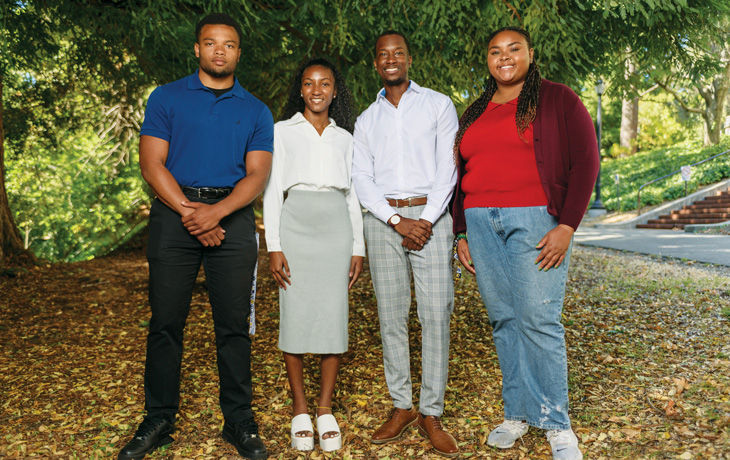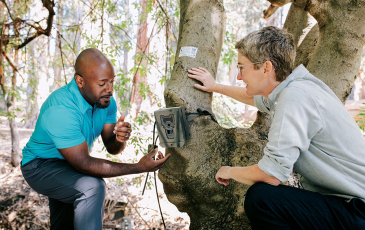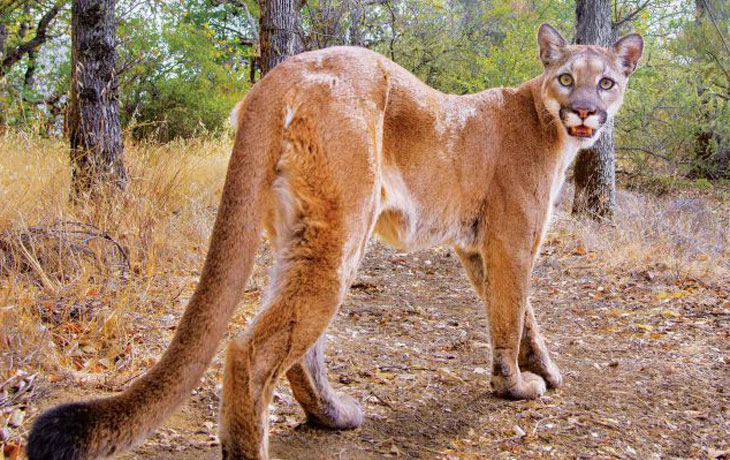A new book co-edited by ERG professor Daniel Kammen explores how energy policy can address structural violence.
Taxes on sugar-sweetened drinks drive decline in consumption
A UC-led study shows that purchases of sugar-sweetened beverages declined dramatically and steadily across five North American cities after excise taxes were placed on the products.
Historic PG&E rate increases will hit hard in 2024
Agricultural and Resource Economics professor Meredith Fowlie spoke to KQED about what Pacific Gas and Electric's latest rate increase could hold for customers and the utility.
Patrick Gonzalez honored by Coalition to Protect America’s National Parks
The ESPM faculty member and Parks Institute director received the organization's 2023 George Hartzog Award, which recognizes an individual for their outstanding support of the mission of the National Park Service
UC Berkeley to offer new Master of Climate Solutions
Offered as a one-year program or a concurrent degree with the Haas MBA, Rausser College’s Master of Climate Solutions will empower leaders to enact solutions to the climate crisis.
Justice-Centered Conservation in Cities
A new book edited by Rausser College researchers centers equity and justice while delving into the complex elements that support or constrain biodiversity in cities.
Peter Nelson to lead Joseph A. Myers Center for Research on Native American Issues
Nelson is a Myers Center faculty affiliate who has been involved with the center since his days as a graduate student in Anthropology at UC Berkeley.
Did California’s agricultural overtime law help farmworkers?
A new study led by Cooperative Extension professor Alexandra Hill found that ag workers saw a decrease in average hours and wages after California adopted a new overtime law.
California forests are healthier when burned—or thinned
A 20-year experiment led by UC Berkeley researchers confirms that prescribed burning, thinning, or a combination of both can reduce wildfire risk and boost a forest’s resilience to climate change.
How algae protect against sudden changes in sunlight
PMB professor Krishna Niyogi co-led a study on photoprotective memory in algae, which may help scientists develop more productive plants and improve crop yields.
What drives indoor air pollution?
A new PNAS study led by Professor Allen Goldstein and David Lunderberg, PhD '22 Chemistry, tracks seasonal changes in indoor air pollution to better understand its dynamics and engineer new solutions.
Influencing the next generation of climate leaders
UC Berkeley environmental leaders offer stories and insights from working at the intersection of climate and politics.
Building a healthier future
For 50 years, Professor Emerita Janet King and Rausser College’s accredited dietetics programs have shaped nutritional research, policy, and practice.
How urban inequalities affect biodiversity
ESPM professor Christopher Schell spoke to the New York Times about the patterns of bigotry and inequality that affect how birds and other species experience life in cities
Alum Kristy Drutman appointed to EPA Youth Advisory Council
Drutman is one of 16 young climate leaders who will offer advice and recommendations to EPA leadership.
Student Spotlight: Mindy Jewell Price
We spoke to the PhD candidate about her research, life in the Arctic, and how climate change is reshaping Canada’s Northwest Territories.
The quest for environmental and climate justice with Dr. Robert Bullard
Bullard spoke about dismantling systemic racism and policies and practices that create, exacerbate, and perpetuate inequality and vulnerability during the Fall 2023 Albright Lecture.
Building Bridges
A program led by professor Timothy Bowles and graduate student Rosalie Fanshel is making connections between undergraduates at Historically Black Colleges and Universities and researchers at Rausser College.
Towards a New Lagacy
ESPM's Berkeley Wildlife faculty are incorporating new and diverse voices, grounding their research in real-world policy discussions, and to reimagining what wildlife means in an increasingly urban and digitized world.
Keeping Wildlife in Focus
Fourth-year Vishal Subramanyan’s photos capture the wonder of wildlife and emphasize the importance of conservation.





